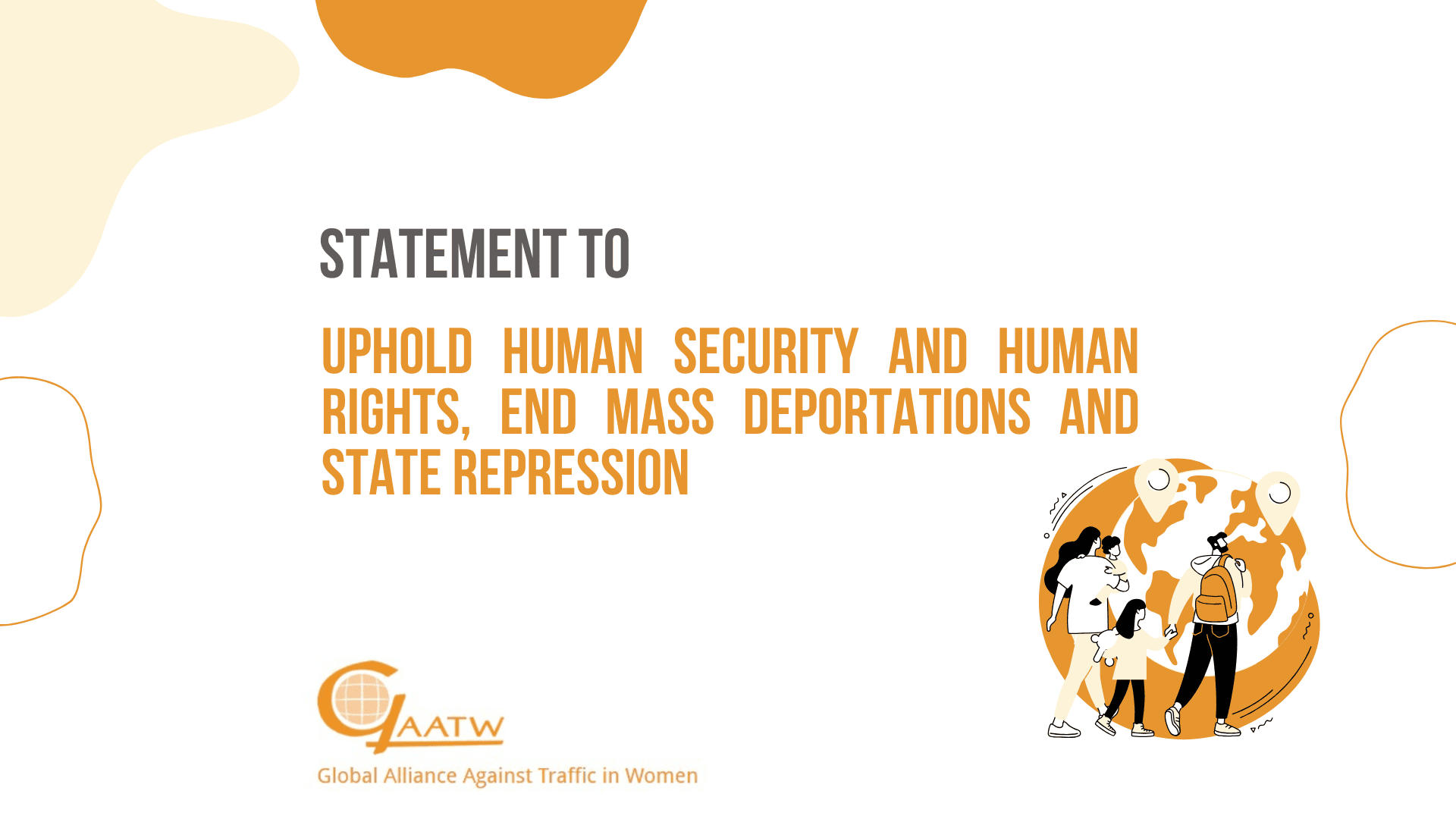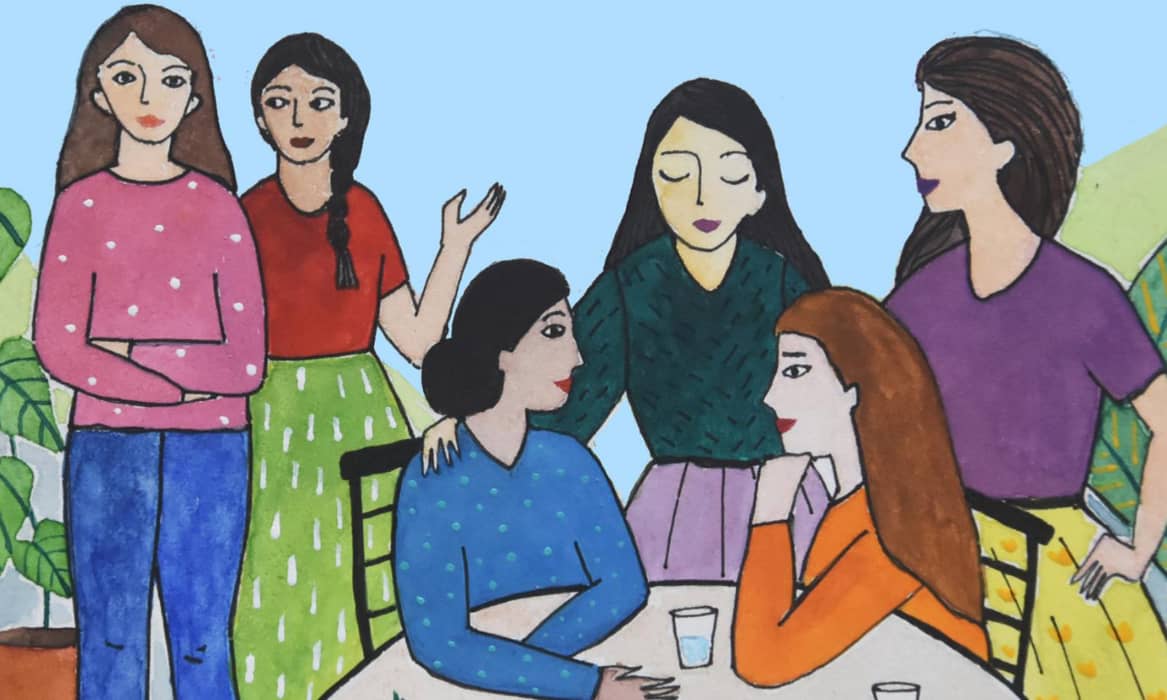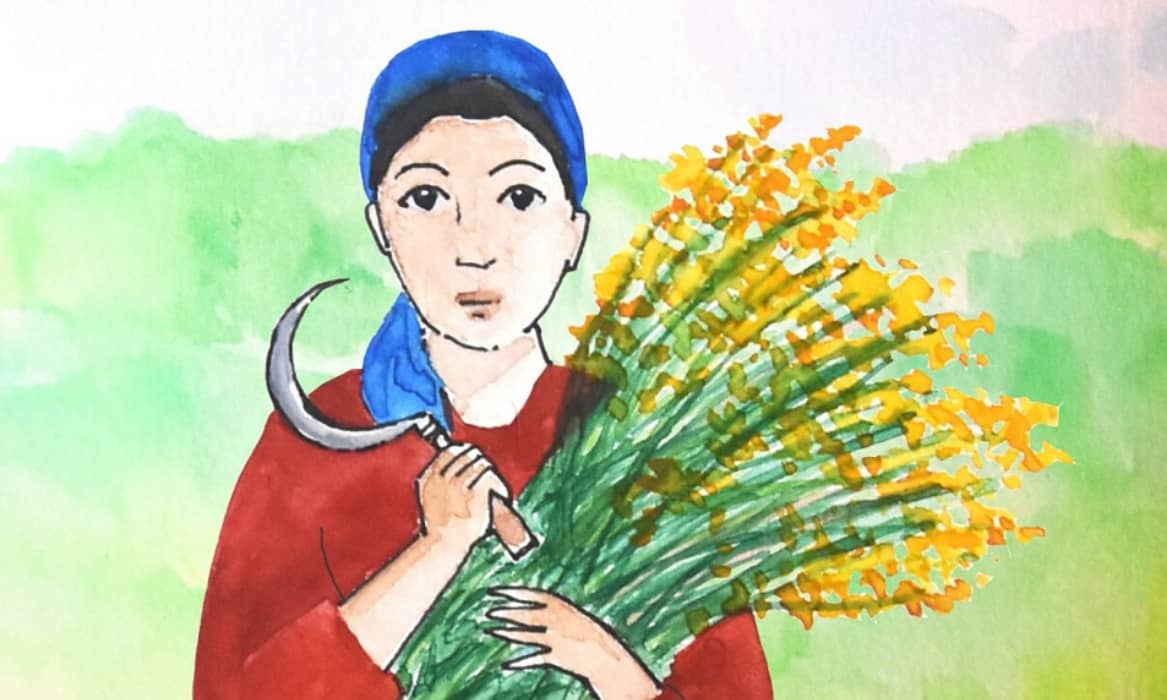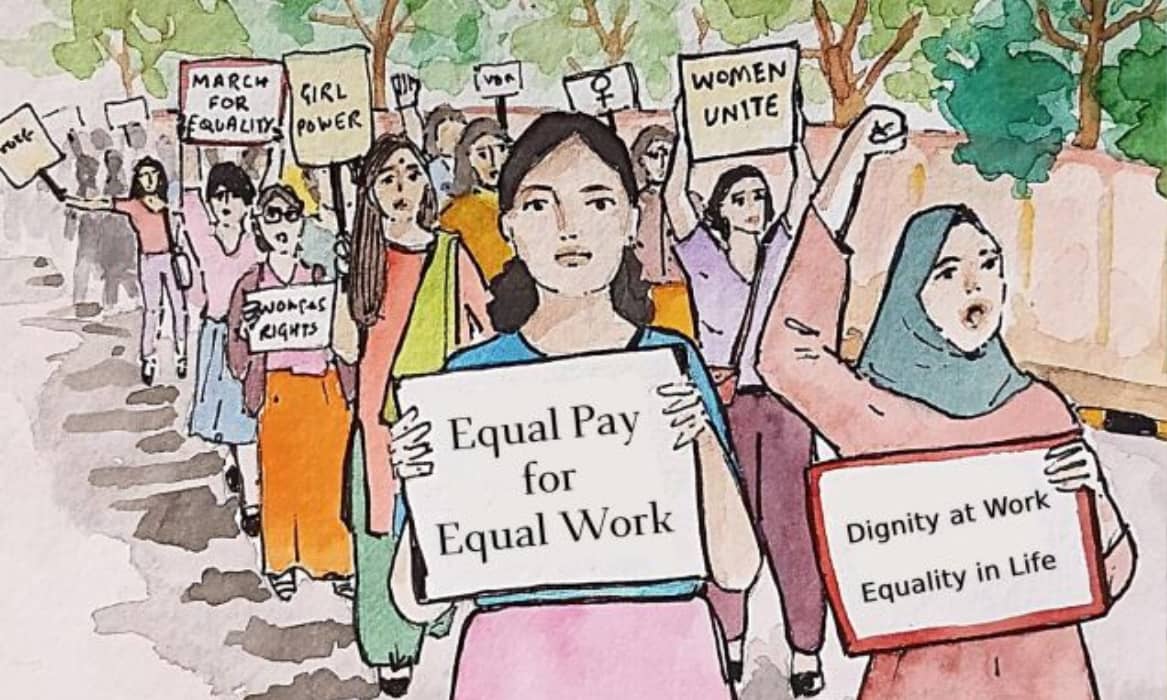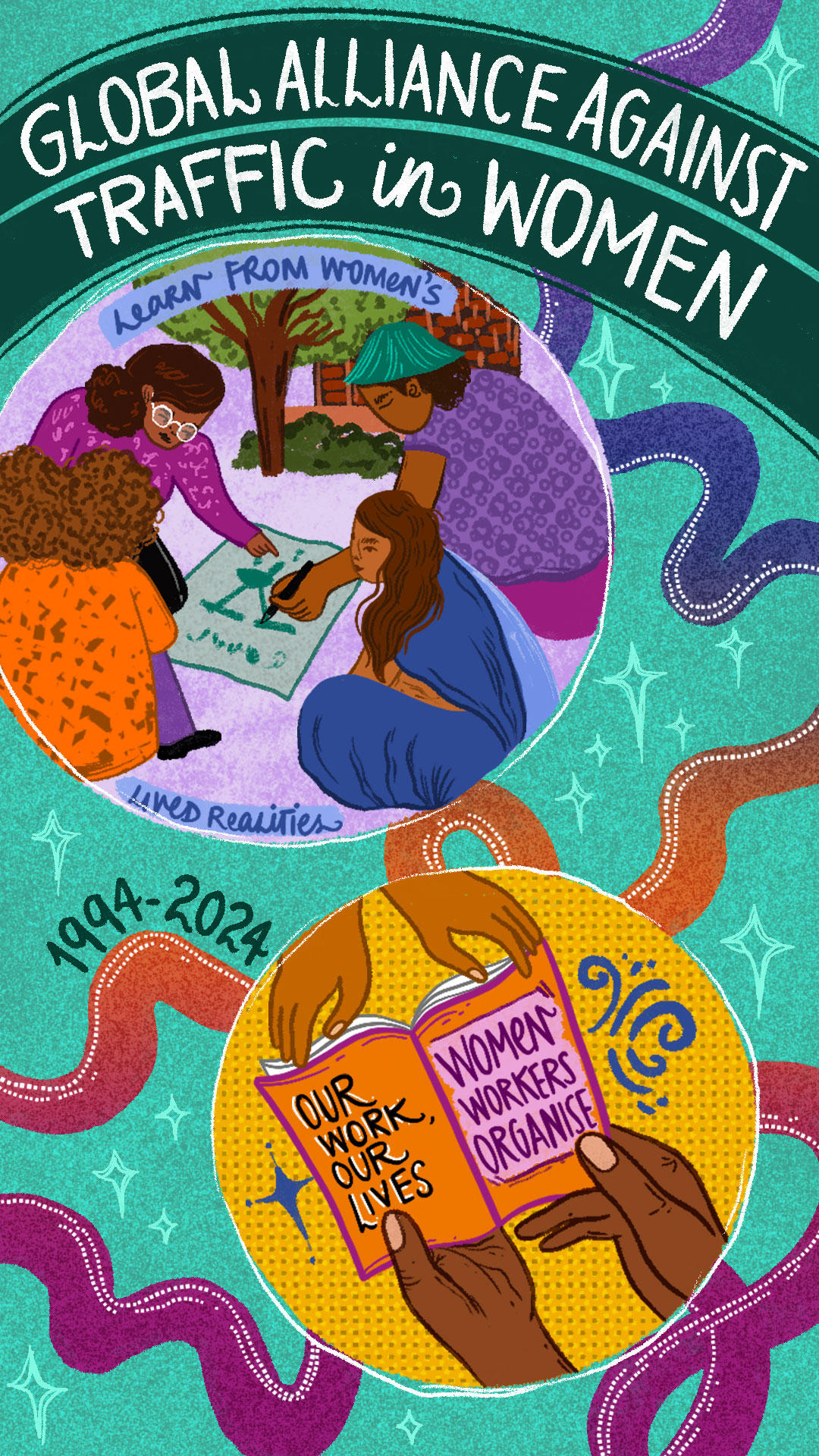Durbar Mahila Samanwaya Committee is a forum of 65 000 sex workers based in West Bengal, India. The basic approach of Durbar’s programme is based on the principle of “3 R’s” - Respect, Reliance and Recognition: Respect towards sex workers, Reliance on the knowledge and wisdom of the community of sex workers and Recognition of sex work as an occupation, for the protection of their occupational and human rights. Durbar was created by sex workers involved in the STD/HIV Intervention Programme or the Sonagachi Project. In 1999, Durbar took over the management of the Sonagachi Project and currently runs STD/HIV intervention programmes in 49 sex work sites in West Bengal. Durbar provides testing, counselling and care for people with HIV/AIDS. DMSC’s anti-trafficking work is done through Self-Regulatory Boards comprised of both sex workers and community supporters. Self-Regulatory Boards monitor brothels in co-operation with brothel owners in order to identify women and children who have been trafficked and to arrange for care. DMSC has also created a hostel for sex workers children, worked to decrease violence and abuse by law enforcement agencies, implemented an initiative to admit children in schools, organised loan programmes, provided vocational training for the children of sex workers (as electricians and beauticians), created the Usha Multi-Purpose Cooperative Society (the largest cooperative society for sex workers in Asia), provided literacy training for adults, organized annual conferences for sex workers, established Komol Gandhar (sex workers performance troupe) and the Binodini Srameek Union or the Binodini Labour Union.
Tel: +91 33 2530 3148
Email:








